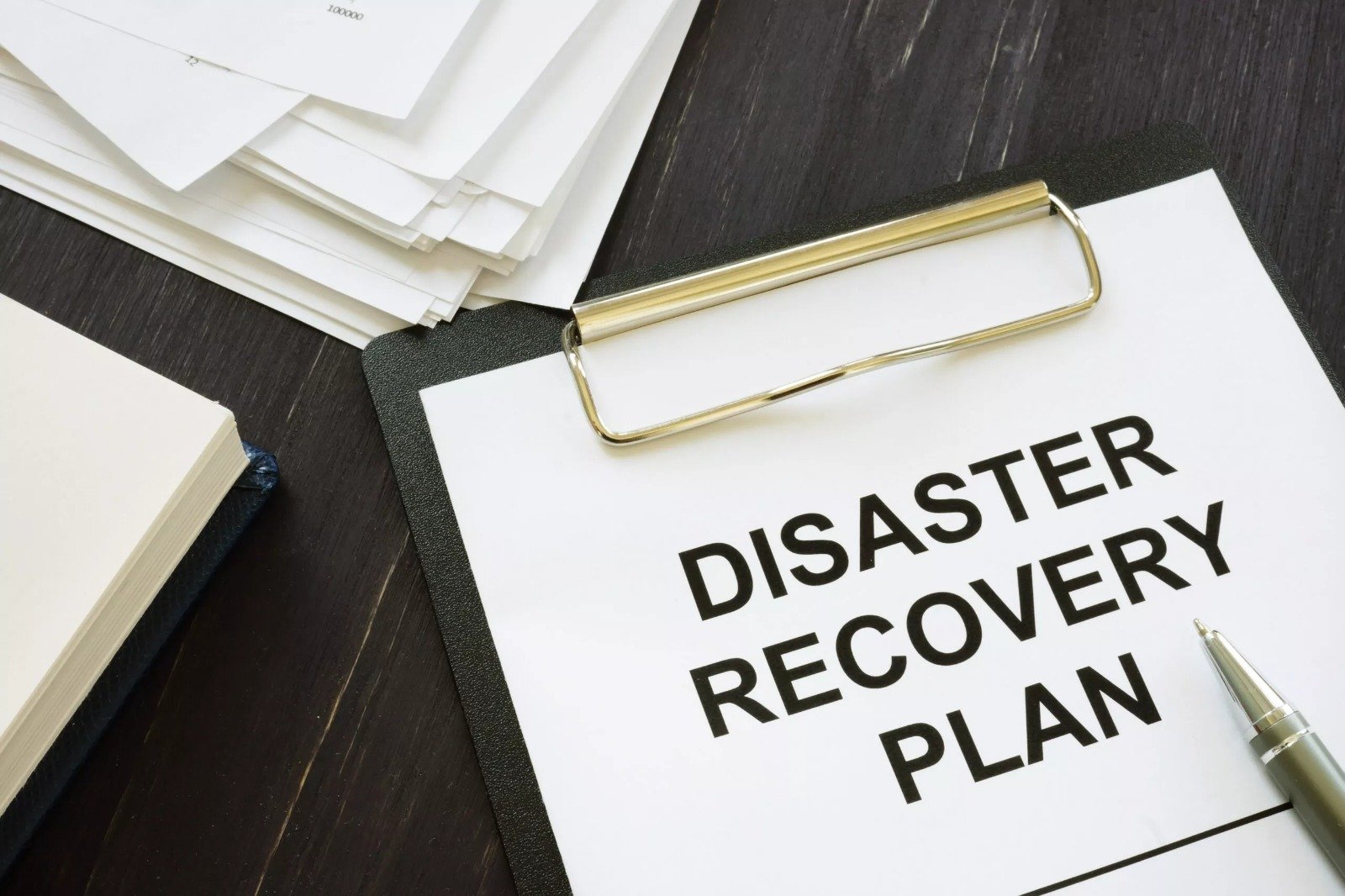Unfortunately, in today’s Internet environment, any time a site is offline, no matter how big or small, a blog or an Internet store, it is a catastrophe. A web hosting disaster recovery policy helps maintain your website online in the most heinous conditions possible. Now, we learn how to start one with the help of instructions and basic definitions here and there accompanied by dedicated servers, cheap web hosting, VPS, reseller hosting, and options even from eWebGuru.
1. Find Out Why a Recovery Plan is Important
Ever think of how your website will perform and get compromised due to a server breakdown, a cyber-attack, or a natural calamity? If you do not have a plan, data, profits, not to mention customer trust may go down the drain. A disaster recovery plan enables you to tackle these mishaps effectively reducing the time required to get back on track.
2. Understand the State of Your Hosted
The first step in this approach is to gain an appreciation of the environment you currently have in place. Ask yourself:
Do you avail of cheap web hosting services? It offers free space but the recovery could be limited by some extra requirements.
- Do you have a VPS? A VPS has more control and it is more reliable than any shared hosting plan.
- Are you on dedicated servers? These give high security and performance making them suitable for use in significantly important sites.
- Are you involved in the reseller hosting business? If you manage clients’ websites, they too may be affected by disaster.
With the help of solutions provided by websites like eWebGuru, one can differentiate between the hosting options in the above categories.
3. Backup, Backup, Backup!
Backing up your emails is your first line of defense. Here’s how to do it:
- Automated Backups: The specifications of web hosting plans available from firms such as eWebGuru commonly offer free backup solutions.
- Offsite Backups: The web pages should be backed up on other servers than those of the company or in cyberspace.
- Frequency: If your website updates frequently, perform daily backups, though weekly backups should suffice if it updates rarity.
4. Select Secure Hosting Platforms
The type of hosting you use directly impacts your disaster recovery capabilities:
- Cheap Web Hosting: Even better if the provider offers basic recovery features such as backups and SSL, but they’ll cost a slightly higher amount.
- Cheap VPS Hosting: For instance, in the case of VPS, you get more insight into managing the backups, configurations as well as security.
- Dedicated Servers: Ideal for those businesses that perform highly complex processes and need bespoke recovery programs.
- Reseller Hosting: In case you host clients, confirm that your provider has disaster recovery on all their hosted accounts.
In these categories, eWebGuru’s services are quite consistent and therefore easy to implement recovery measures.
5. Step-by-Step Recovery Plan
Here’s a simple framework:
- Identify Risks: Identify possible risks such as ladder fall on hardware, external or internal aggression in the form of hacking, and distorted data.
- Set Priorities: Determine whether it is necessary to restore a particular fragment of your website immediately. For instance, your home page, or the payment page of your customer’s account.
- Create a Contact List: Add your hosting provider staff and some technical people such as eWebGuru’s customer support which is available online 24/7.
- Test Regularly: Practice disaster scenarios so that people can test the efficiency of the recovery plan.
6. Secure Your Website
Few disasters are likely to occur on a secure website. Take these steps:
- Use SSL Certificates: Encrypt your website data. Most plans for web hosting already come with SSL, and it is included even with eWebGuru’s cheap web hosting.
- Regular Updates: Upgrade the software used on the site, plugins, or themes used in the site.
- Firewalls and Antivirus: Prevent viruses and malicious attacks as well as intrusion.
7. Check on the performance of your Hosting
Monitor server uptime and speed to cater to VPS, dedicated, and other hosting solutions, eWebGuru offers excellent monitoring tools. It thus enables one to identify problems prior to their development into critical catastrophes.
8. Communicate with Your Users
In the event that your website is under construction inform your visitors. Create or send through email or a temporary webpage about the circumstances and regular status. This helps maintain trust.
9. Reliable Hosting Solutions for Your Business
Your Disaster Recovery Plan should expand alongside your website. Solutions like VPS and cheap dedicated server from eWebGuru make it possible to be prepared for increased traffic and data.
10. Review and Update Your Plan
Assuming that new technology equals new risk is drastically wrong since the risks evolve even more quickly. Remember that the disaster recovery plan should be updated frequently with regard to newer problems as well as solutions that are provided by providers such as eWebGuru.
Why eWebGuru is Your Best Bet
When it comes to disaster recovery, the hosting provider you choose makes all the difference. eWebGuru offers:
- Cheap web hosting with basic recovery service is offered and that is cheap.
- Hosting VPS is recommended based on reliability and performance for its Flexibility.
- Welcome reliable dedicated hosting servers to fulfill the most urgent business requirements.
- Wide service offerings for reseller hosting companies.
Their mastery means you are ready for any hosting eventuality so that your disaster recovery plan is strong and well thought out.
So, in this manner you would be protected from any sudden misfortunes which can befall your website. Whether or not it is cheap web hosting, VPS, dedicated servers or reseller hosting, eWebGuru is there for you. The time to start developing your disaster recovery plan is now!
